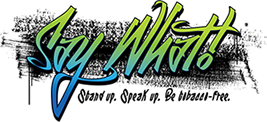
Module 2:
WHO THEY TARGET
Big Tobacco & the LGBTQ+ Community
“It seems to me that homosexuals have made enormous progress in changing their image in this country… A few years back they were considered damaging, bad and immoral, but today they have become acceptable members of society… We should research this material and perhaps learn from it.”
- Philip Morris Tobacco Company
The tobacco industry has spent millions of dollars investing in the LGBTQ+ community. Over the decades, companies have made campaign contributions to elected officials, funded AIDS research and organizations, sponsored Pride marches, street fairs, and film festivals. Advertisements often depicted smoking as a normal part of LGBTQ+ life and used phrases that supported LGBTQ+ pride.
Here’s a look at their targeted marketing tactics throughout the decades.
1970s - 1980s
1990s
Project SCUM
Today
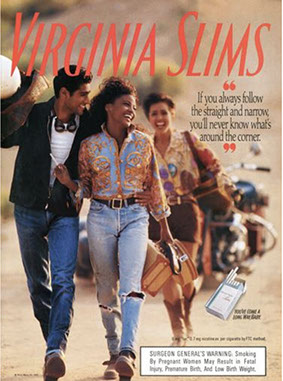
1970s - 1980s
Tobacco brands Virginia Slims and Salem were known for placing advertisements in LGBTQ+ publications like The Advocate. These ads often depicted images and slogans that members of this community could relate to.
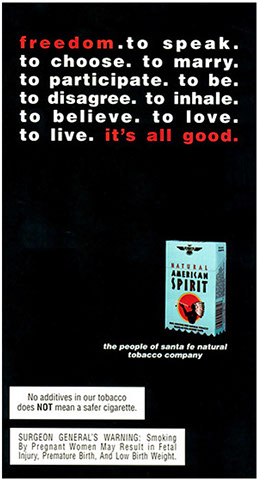
1990s
During the 1990s there was a more noticeable increase with tobacco companies targeted marketing. Brands like Camel and Marlboro began sponsoring events and festivals. Companies would use themes of freedom, rebellion, and individuality, which symbolized the community’s fight for equality and acceptance.
Project SCUM
SCUM = Sub Cultural Urban Marketing
In 1995, R.J. Reynolds launched Project SCUM to market cigarettes to gay men and homeless people in San Francisco. Their plan was to lure young men to use Red Kamel cigarettes with beach towels and flashy product displays. To reach homeless people, the company reduced prices on its Doral brand and set up counter displays in bodegas. This campaign focused on sponsoring gay events and Pride festivals.
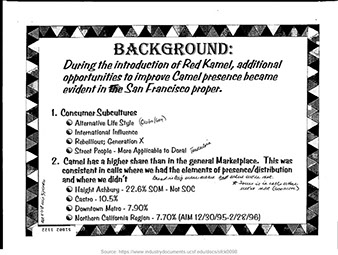
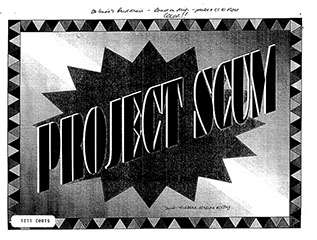
Today
E-cigarettes companies like Blu and NJOY have followed old tactics by supporting LGBTQ+ friendly events and sponsoring Pride festivals in Miami. Companies have also supported Pride month through social media platforms.
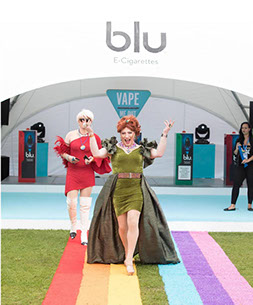
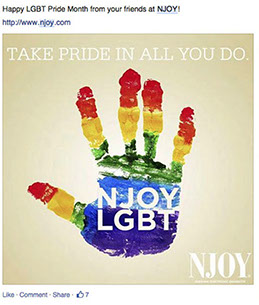
Philip Morris & Women’s Tennis
From the 1970s – 1990s, Philip Morris sponsored numerous women’s tennis tours. By the early 1990s, the brand Virginia Slims had a strong presence in the lesbian press and had advertised with Martina Navratilova.
In 1999, Philip Morris announced that lesbian activist and tennis star Billie Jean King had been elected to its board of directors. King’s relationship with Philip Morris began in 1970 when the company formed the Virginia Slims Tennis Tour. Her election to the board was controversial as King was a role model to many girls and women and the LGBTQ+ community at the time.
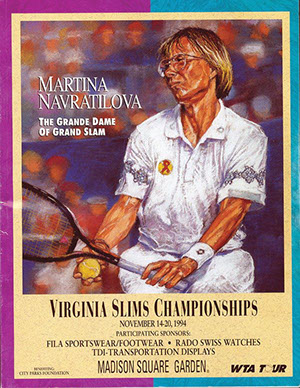
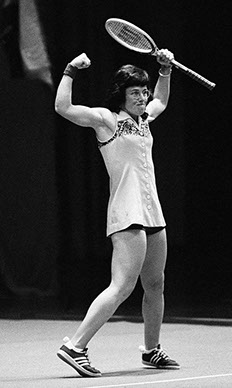
Sources for this section include Truth Tobacco Industry Documents, and the Truth Initiative.
Training Module
Modules
Home
Phone
512.245.8082
Mailing Address
Texas School Safety Center
ATTN: Say What Program
Texas State University
601 University Drive
San Marcos, TX 78666

Say What! was created and designed by young people from across Texas and connects students interested in eliminating tobacco from their schools and communities. The Say What! movement is funded by the Texas Department of State Health Services through a contract with the Texas School Safety Center at Texas State University.
